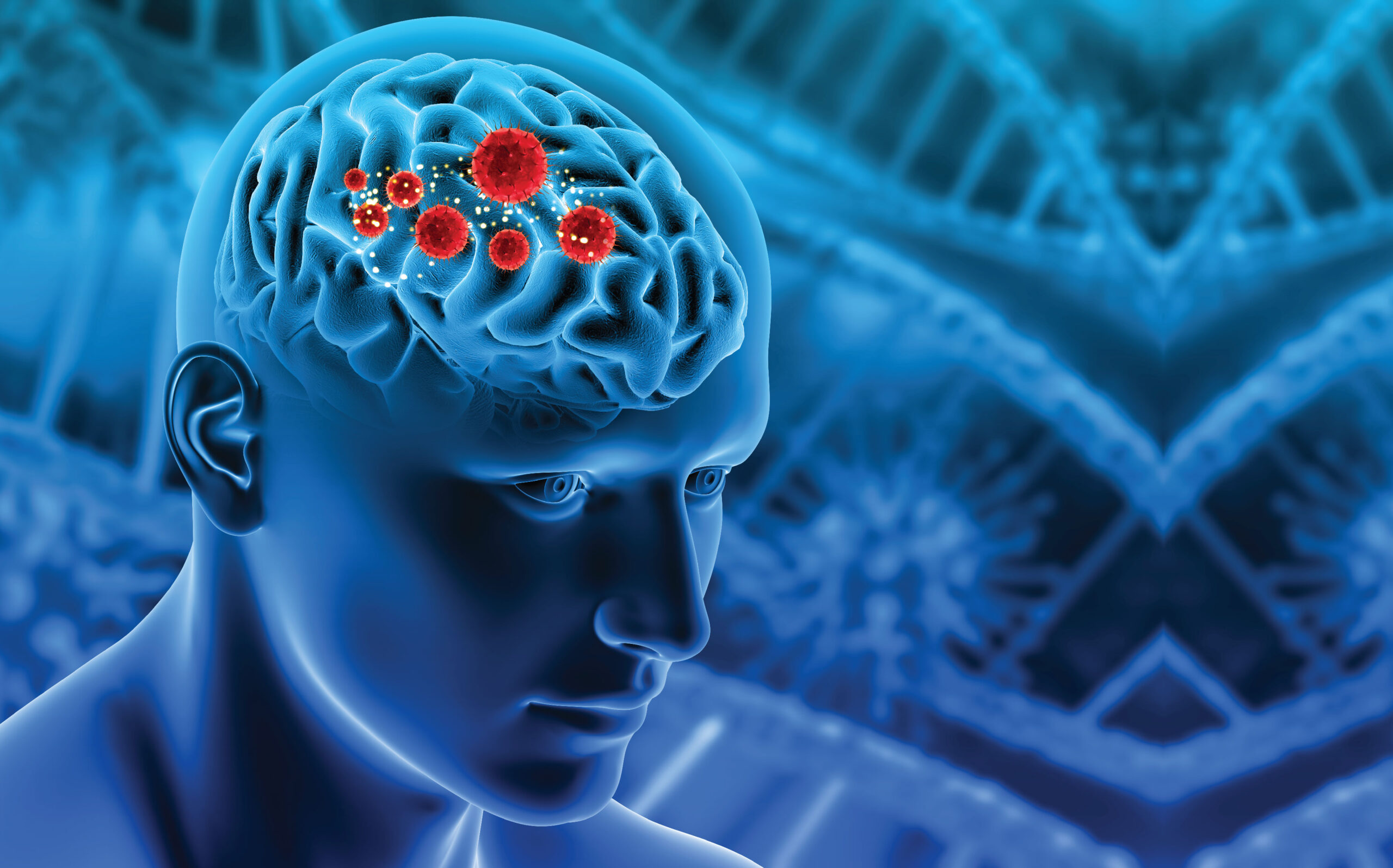What are the meninges and what roles do they play?
Meninges are three layers of membranes that protect the brain and spinal cord. The delicate inner layer is the pia mater. The middle layer is the arachnoid, a web-like structure filled with fluid that cushions the brain. The tough outer layer is called the dura mater.
Function:
- Protects the central nervous system from trauma and acts as a shock absorber. They anchor your CNS and keeps your brain from moving around within your skull.
- Provides a support system for blood vessels, nerves and the lymphatics drainage system.
What is meningitis, exactly?
Meningitis is an infection and inflammation of the fluid and membranes surrounding the brain and spinal cord.
What Can you share with us whether there are any groups of people that are more vulnerable to meningitis?
Certain factors increases a person’s risk for getting meningitis. These include:
- Age: Babies are at increased risk for meningitis compared to people in other age groups. However, people of any age can develop meningitis.
- Group setting: Infectious diseases tend to spread where large groups of people gather. For example, college campuses and refugee camps.
- Certain medical conditions: Certain medical conditions, medications and surgical procedures put people at increased risk for meningitis. For example, having an HIV infection or a cerebrospinal fluid leak, not having a spleen or patients on immunosuppressive agents such as steroids.
- Working with meningitis-causing pathogens: Microbiologists routinely exposed to meningitis-causing bacteria are at increased risk for meningitis.
- Travel: Travellers may be at increased risk if they travel to certain places, such as: Mecca during the annual Hajj and Umrah pilgrimage
What are the symptoms of meningitis? Do babies experience different symptoms compared to adults?
Possible symptoms in anyone older than the age of 2 years include:
- Sudden high fever.
- Stiff neck.
- Severe headache.
- Nausea or vomiting.
- Confusion
- Seizures.
- Sensitivity to light.
- Skin rash in some cases, such as in meningococcal meningitis.
Newborns and infants may show these signs:
- High fever.
- Constant crying.
- Being very sleepy or irritable.
- Being inactive.
- Not waking to eat.
- Poor feeding.
- Vomiting.
What are the short-term and long-term effects of meningitis on our health?
1 in every 10 cases of bacterial meningitis is fatal. One in 5 people surviving an episode of bacterial meningitis may have long term complications such as hearing loss, vision loss, seizures, limb weakness, speech, language, memory and communication.
Can you also share with us more about:
- Aseptic meningitis
i) What is it?
It is an inflammation of the brain linings called meninges due to various etiologies with negative cerebrospinal fluid (CSF) bacterial cultures
ii) What are the common causes?
-Viral infection
-Drug-induced such as antibiotics and painkillers systemic disease such as SLE.iii) Treatment
Based on the etiology - Septic meningitis
i) What is it?
It is an inflammation of the brain linings called meninges with positive cerebrospinal fluid (CSF) bacterial cultures.
ii) What are the common causes?
Neisseria meningitidis (meningococcus) Streptococcus pneumonia (pneumococcus) Haemophilus influenza.iii) Treatment
Antibiotics
How can one reduce their risk of developing meningitis?
Vaccination: Vaccines are the most effective way to protect against certain types of bacterial meningitis. There are vaccines for 4 types of bacteria that can cause meningitis:
- Meningococcal vaccines help protect against N. meningitidis
- Pneumococcal vaccines help protect against S. pneumoniae
- Haemophilus influenzae serotype b (Hib) vaccines help protect against Hib
- Bacille Calmette-Guérin vaccine helps protect against tuberculosis disease
Healthy Habits:
- Don’t smoke and avoid cigarette smoke
- Get plenty of rest
- Avoid close contact with people who are sick
- Wash your hands often with soap and water
- Cover your mouth and nose with a tissue when you cough or sneeze
by Dr Wong Sing Keat, Consultant Neurologist

